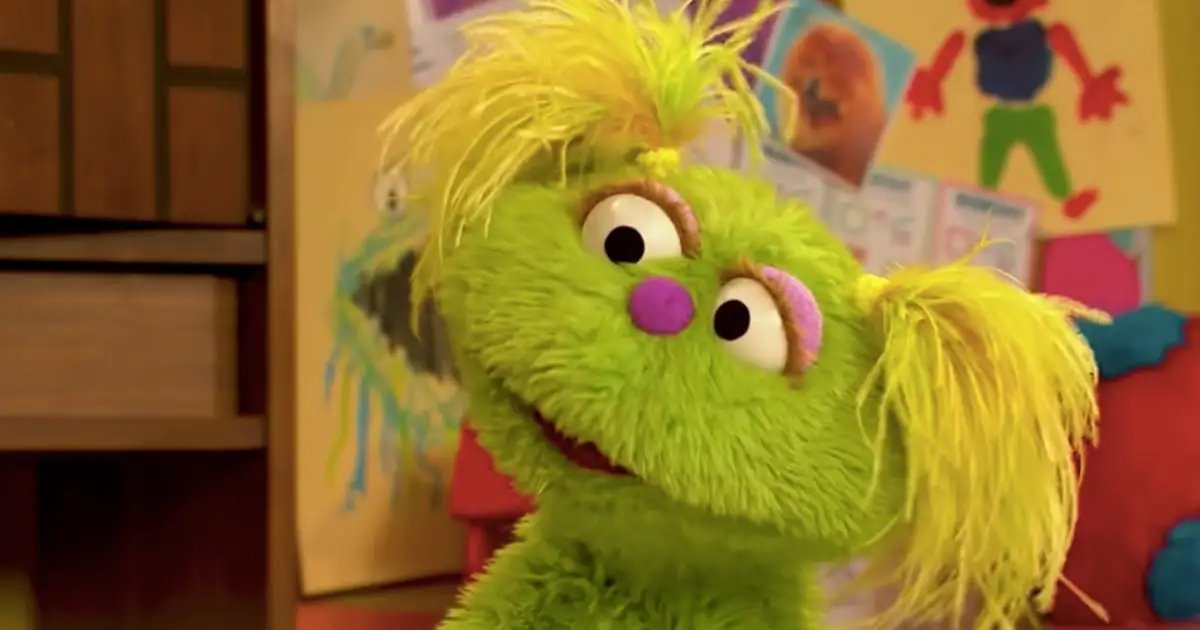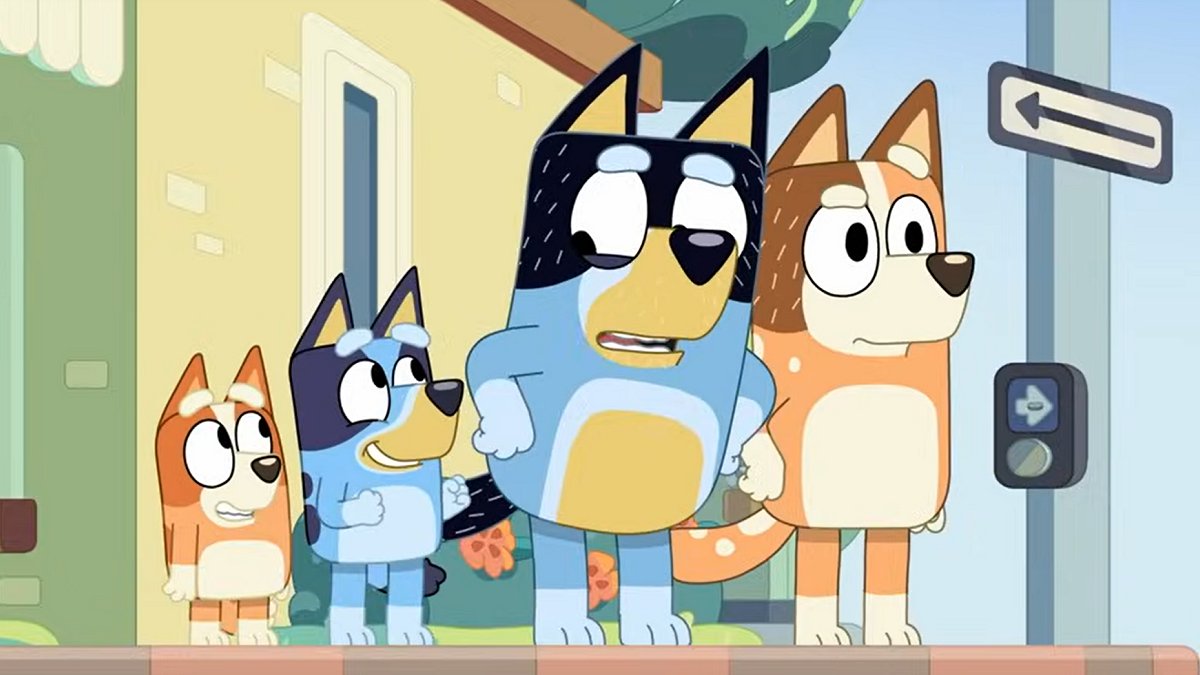Sesame Street is overall really excellent at addressing issues going on in the lives of children today. It has not shied away from topics of racism, mental illness, or children with parents in jail. Now, the character of Karli, who was previously introduced as being in foster care, explains that her mother is in a group meeting for her addiction.
According to the Guardian, Sesame Street decided to add Karli’s character on the basis that around 5.7 million children under the age of 11 live in a home with a parent with substance abuse issues.
“There’s nothing else out there that addresses substance abuse for young, young kids from their perspective,” said Kama Einhorn, a senior content manager with Sesame Workshop. “Even a parent at their most vulnerable – at the worst of their struggle – can take one thing away when they watch it with their kids, then that serves the purpose.”
The initiative is part of the Sesame Street in Communities resources, which offer online child activities and assistance to parents. They help do outreach to help kids. In one tie-in with Karli, they feature a young girl named Salia, who has parents with addiction.
Salia shares what it has been like for her and her little sisters as their parents dealt with their addictions. Haley Jenkins, who voices and puppets Karli, was there with the young girl and in between takes helped to bring a kind and empathetic vibe to what they were doing between takes.
“I know it feels awkward because people don’t normally have conversations standing shoulder-to-shoulder,” she told Salia between takes. “This is weird, but trust me, it looks good.”
“Yeah, a sickness that makes people feel like they have to take drugs or drink alcohol to feel OK. My mom was having a hard time with addiction and I felt like my family was the only one going through it. But now I’ve met so many other kids like us. It makes me feel like we’re not alone,” Karli says during their segment.
“Right, we’re not alone,” Salia responded. “And it’s OK to open up to people about our feelings.”
“I’m proud of Mom and Dad for asking for help, and not using drugs and alcohol anymore. And they’re proud of me, for just being me.” Ten-year-old Salia shares her family’s story. https://t.co/q0Dfjd3fpa #SunnyDaysAhead pic.twitter.com/hmf5O4t5t2
— Sesame Street (@sesamestreet) October 10, 2019
Karli and Salia both hold up hand-drawn pictures of flowers, with the petals representing “big feelings” (anger and happiness).
Jerry Moe, the national director of the Hazelden Betty Ford Children’s Program, helped craft the segments and resources that were being presented. He said that he was grateful to help, since there have not been many resources about this issue for the preschool age-group.
“These boys and girls are the first to get hurt and, unfortunately, the last to get help,” he said. “For them to see Karli and learn that it’s not their fault and this stuff is hard to talk about and it’s OK to have these feelings, that’s important. And that there’s hope.”
Thank you Sesame Street for continuing to do this work, because this is an issue that isn’t going anywhere.
(via CNN, image: HBO)
Want more stories like this? Become a subscriber and support the site!
—The Mary Sue has a strict comment policy that forbids, but is not limited to, personal insults toward anyone, hate speech, and trolling.—










Published: Oct 10, 2019 04:26 pm